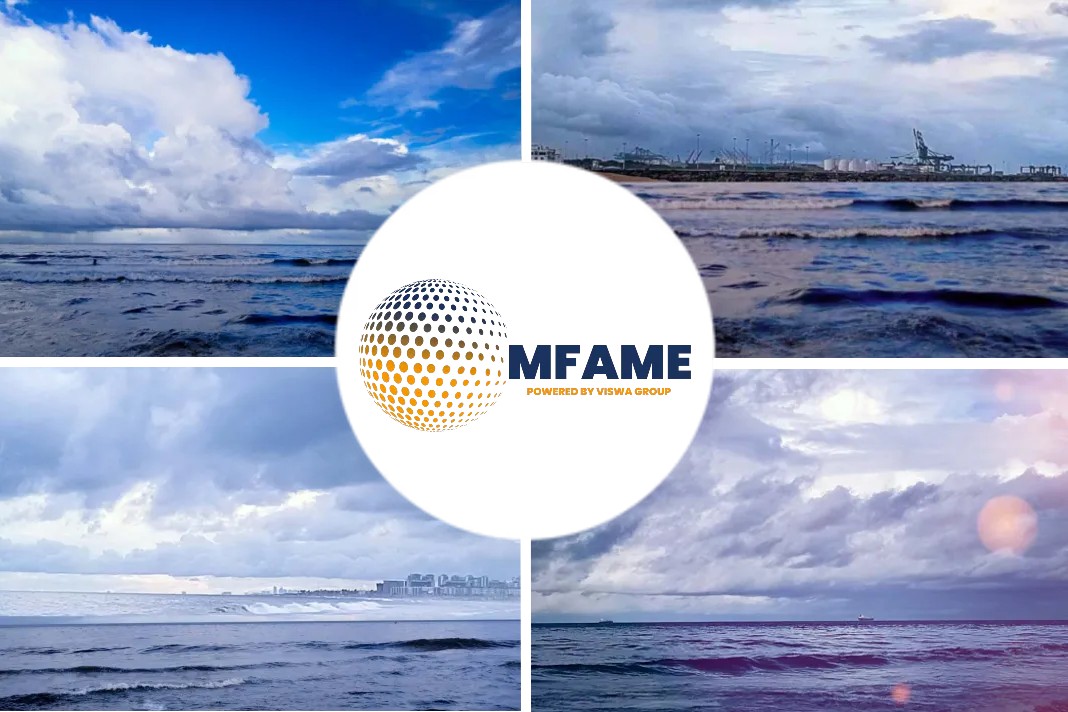But Jake Slinn does.
The 23-year-old founder of JS Global operates in the cargo salvage industry – a small but essential cog in the machinery of global trade.
Last year one of the larger cogs in that machine got stuck in the Suez Canal. The world’s biggest container ship, the Ever Given, blocked the key shipping lane for six days in March.
Part of that ship’s cargo was the 18 containers, each weighing 20 tonnes, of cabbages that ended up with Mr Slinn. His Ipswich-based firm organised their delivery to an anaerobic digestion plant, where they were turned into fuel.
Cargo may need to be salvaged for a wide variety of reasons. Like the Ever Given cabbages, some goods may perish during their journey and need to be destroyed.
Local authorities may deem goods unsafe and order their destruction – a particular problem when Covid-19 hit.
Unsafe cargo that needs to be salvaged
“During the pandemic we destroyed tens of thousands of items of fake PPE, mainly fake masks and fake gloves, that had been imported from China,” says Mr Slinn, whose parents are in the waste management business.
It’s not only damaged or unsafe cargo that needs to be salvaged.
If a business goes bust, its cargo may be stranded at a port somewhere. If goods are delayed, they miss a key deadline, like Christmas, and may be abandoned.
Cargo can even be unwanted because the cost of storing the items at the port or in a nearby warehouse exceeds its value to its owner.
Finding buyers for unwanted goods
In such cases, a salvage company will often step in and find new buyers.
Paul and Poppy Vidler of UK-based Crown Salvage have decades of experience of finding buyers for unwanted goods.
The company recently acquired containers of easy-to-assemble housing units and have been working on finding buyers.
“We sourced them from Turkey and have been having conversations with lots of people, from places like La Palma after the volcano [eruption in 2021] as well as Ghana.
“They can be set up quickly wherever there’s a housing problem,” says Mr Vidler.
Did you subscribe to our newsletter?
It’s free! Click here to subscribe!
Source: BBC






















